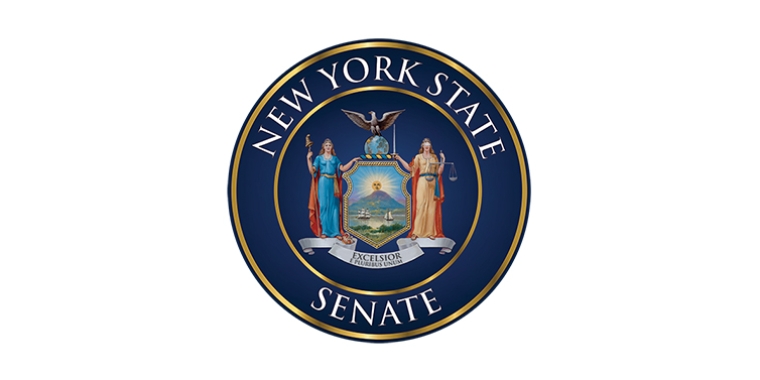SERINO BILL TO PROTECT PENSIONS FROM PREDATORY PRACTICES PASSES SENATE
April 18, 2018
-
COMMITTEE:
- Aging

ALBANY, NY— Senator Sue Serino today announced that her bill aimed at safeguarding the pensions of vulnerable New Yorkers has passed in the Senate.
“New Yorkers spend years of their lives saving for retirement, and to have those savings looted by deceitful con artists looking to take advantage of individuals when they are in need is a practice that needs to end,” said Senator Sue Serino. “These transactions are like payday loans on steroids, and companies are working diligently to skirt the law and avoid oversight. We have a moral and economic obligation to help protect consumers from these predatory practices so that their pensions they plan to rely on during retirement remain viable.”
With recorded interest rates ranging from 27% to 106%, in recent years, pension advances have proven to be increasingly risky and predatory in nature across the country and here in the state. These financial transactions by which an outside company gives a retiree payment in return for future pension payments can be likened to models first utilized by payday lenders. However, many companies, like those operating here in New York, classify their products as ‘advances’ or ‘sales,’ rather than loans, allowing them to circumvent state laws that cap interest rates and provide for regulatory oversight. Senator Serino’s bill (S. 6431A) clarifies the law to specify that any type of arrangement where a business offers consideration for an interest in all, or part of pension proceeds, is expressly considered to be a loan, thereby prohibiting the schemes and devices commonly utilized by these companies.
As noted in the bill’s sponsor’s memo, consumer fraud alerts have been issued by the Financial Industry Regulatory Authority/the Securities Exchange Commission (May 2013), Federal Trade Commission, the Consumer Financial Protection Bureau, and other states.
A 2013 review by the New York Times showed that of the two dozen contracts for pension advances examined, the exceptionally high interest rates were not disclosed in any of the information given to applicants. As a result, the Government Accountability Office issued a report the following year cautioning consumers about the practices of these companies that were specifically targeting government retirees and vulnerable seniors.
In 2015, the Consumer Financial Protection Bureau and the New York State Department of Financial Services filed a lawsuit against various companies for using deceptive practices to prey on financially-strapped seniors. As a result, the companies were forced to repay more than $500,000 in refunds to New York pensioners and fines for making loans without a license as well as charging usurious rates of interest.
While this particular case was resolved in a way that protected New York retirees, it is imperative that statutory amendments be made to proactively protect pensioners—before they are taken advantage of—and bolster the State's oversight authority.
“Recent reports argue that the debt is on the rise for seniors throughout the country,” Senator Serino continued. “As Chair of the Senate’s Aging Committee, I know that many of our seniors live on a fixed income and can easily turn to a company promising to help alleviate their financial burden. However, the reality is, these businesses too often exasperate that debt and launch seniors into a vicious cycle that they cannot get out of. I urge my colleagues in the Assembly to join us in passing this bill to better protect vulnerable New Yorkers.”
The bill passed in the Senate unanimously and has been sent to the Assembly where it is sponsored by Assemblyman Peter Abbate.
-30-
Share this Article or Press Release
Newsroom
Go to NewsroomASHBY ANNOUNCES COMMITTEE ASSIGNMENTS
January 20, 2023

SERINO THANKS COMMUNITY FOR YEARS OF SERVICE
December 31, 2022

SERINO THANKS COMMUNITY FOR YEARS OF SERVICE
December 29, 2022
